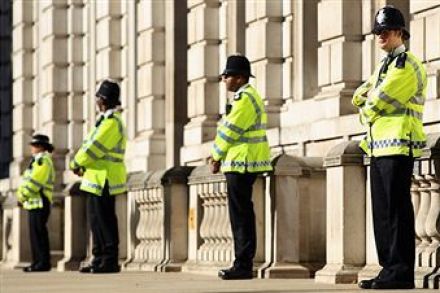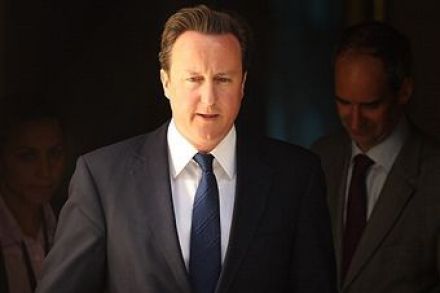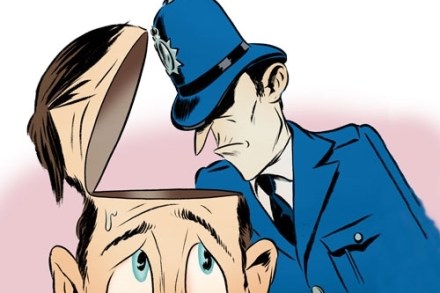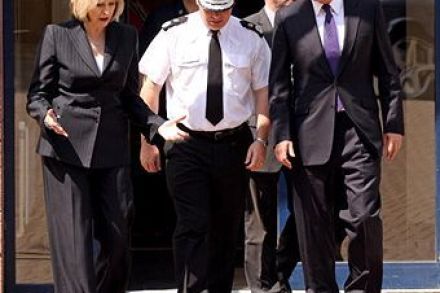Andy Coulson thrown back into the story
On the Ten o’clock News tonight Robert Peston reported that News International have allegedly handed emails to the police that show Andy Coulson as editor of the News of the World authorised payments to the police. If this was true, it would be illegal. But it should be stressed that Peston could not reach Coulson for comment on the story. There are two immediate implications of this latest development in the story. First, the fact that this development has come out now shows that News International is keen to move the spotlight away from Rebekah Brooks. But given the Independent’s front page tomorrow this tactic is unlikely to succeed Second,














